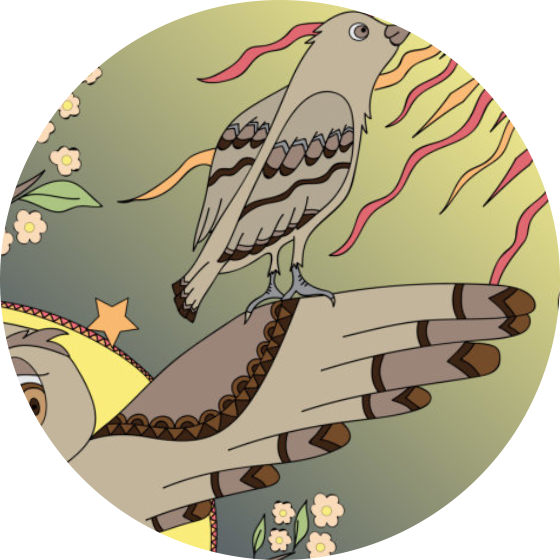Are you an Owl or a Lark?
Last updated: December 2020
Home > Information & Support > Adults > Sleep Hub >Our biological clock works on its own – a roughly 24-hour cycle called a Circadian Rhythm – and the environment regulates the clock so that we go to sleep and wake up on the same schedule.
The body clock can run slightly longer than 24-hours in some people (those who go to bed early and wake too early), and in others slightly less (characterised by people who go to bed late and sleep well into the morning).
Therefore it’s important to understand what your sleep profile is. Scientists believe that people have inherent differences in when they sleep and wake best – an individual chronotype. And what you are is partly determined by genetics.

There are three different ones:
- Owls (people who go to bed late and want to wake up late)
- Larks (those who go to bed earlier and get up earlier)
- and Ambivalent (those who are more adaptable to sleep schedules)
It helps to know which camp you fit into if you try to improve your sleep. If you try to work against your chronotype you’ll not only have a tougher time falling asleep at night or staying awake during the day, but you’ll also experience more disturbed sleep. For example if you’re an owl and you decide to go to bed earlier to get more sleep, the chances are you may find yourself spending an hour in bed lying awake and worrying that you cannot sleep.
Are you an owl or a lark?
Do you wake up bright and alert by 6am?
Do you fall asleep easily if you go to bed at 9pm?
Do you find it hard to stay up until midnight?
If you answered yes to all three questions, you are a lark.
Do you need to sleep until 11am to wake up feeling bright and alert?
Do you have trouble falling asleep before midnight?
Do you fall asleep quickly if you go to bed at 1am?
If you answered yes to all three questions, you are an owl.
You can’t train yourself to be a lark if you’re an owl and vice versa. It’s a genetic predisposition. However you can try coping strategies to deal with the effects of going against your natural body clock. It’s important to remember to not get hung up on sleep quantity, but focus on sleep quality.
